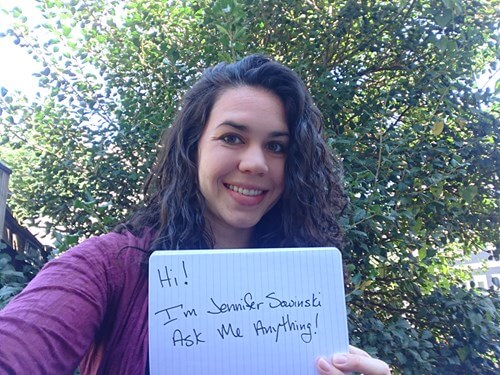Ask Me Anything: Dynamic Pricing and Customer Service

Jennifer Sowinski Nemeth
Senior Consultant & Analyst
ASK ME ANYTHING QUESTION
“Dynamic ticketing can present some customer service challenges—especially when it is new. How do you head off complaints or respond to patrons when you are A) discounting below initial costs, which may tick off some who paid full price or B) losing a potential new acquisition customer who is buying late and facing mediocre seats at a premium cost?”
JENNIFER SOWINSKI’S ANSWER
Thanks for the question! In general, the best way to handle dynamic pricing from a customer service perspective is to be upfront and transparent. Don’t be afraid to tell your patrons that prices may go up as you get closer to the performance—put it in your marketing materials! And if someone is looking for tickets, whether online or through the box office, it’s ok to point out which performances still have the best availability, and therefore also likely have lower prices.
To answer your specific questions, I’ll first address how to deal with tickets discounted below what someone may have already paid. Of course, you can minimize the occurrence of this situation by carefully controlling who receives your discount/offer messaging. For those who do complain to the box office, the best way to respond is with transparency. Your customer is going to be more understanding if they know that they’re taken seriously and given a thoughtful answer. For example, if the discount was part of your mission to provide price accessibility, then the interaction becomes a chance to thank your customer for being a patron, and remind them that their ticket purchase and support allows your organization to do its work. Pair that explanation with a little customer service item, like a free drink ticket, and you should have a satisfied customer.
As for your second question, regarding the potential to lose a new customer over high ticket prices, here’s one thing to keep in mind: you and your staff may be well aware that the back of the house is now priced higher than the starting price of the best seats. But, when we’re talking about single ticket buyers—and especially about new ticket buyers—they don’t know that prices went up! Most of your patrons don’t have the pricing structure of your house memorized, and those that do have probably already learned to buy early. When you set prices on a performance, you’re telling your patrons what these seats are worth, and they’re going to believe you. When a performance first goes on sale, the given seats might be worth a high price because of where they are located, but as a performance gets closer, it’s going to be more dependent on demand and availability (or lack thereof).
If you have a patron standing in front of you telling you that they’re not going to buy a ticket because the prices are too high, explain to them that the prices have gone up with demand. This is a concept that’s become fairly mainstream in recent years, and most customers will understand. You can also suggest options for buying sooner for the next show, and if you offer any last minute/rush type discounts, offer those as another option.
Overall, you should equip your box office with the tools and talking points to answer questions about pricing confidently. If done right, all will walk away from the transaction satisfied.
For other insights about how to optimize your pricing strategy for revenue and accessibility, check out JCA’s pricing consulting.
JCA Arts Marketing collaborates with cultural organizations to increase revenue, boost attendance and membership, and grow patron loyalty. We provide consulting and software services to hundreds of cultural institutions across multiple genres, including dance, museums, opera, performing arts centers, symphony, and theatre.


